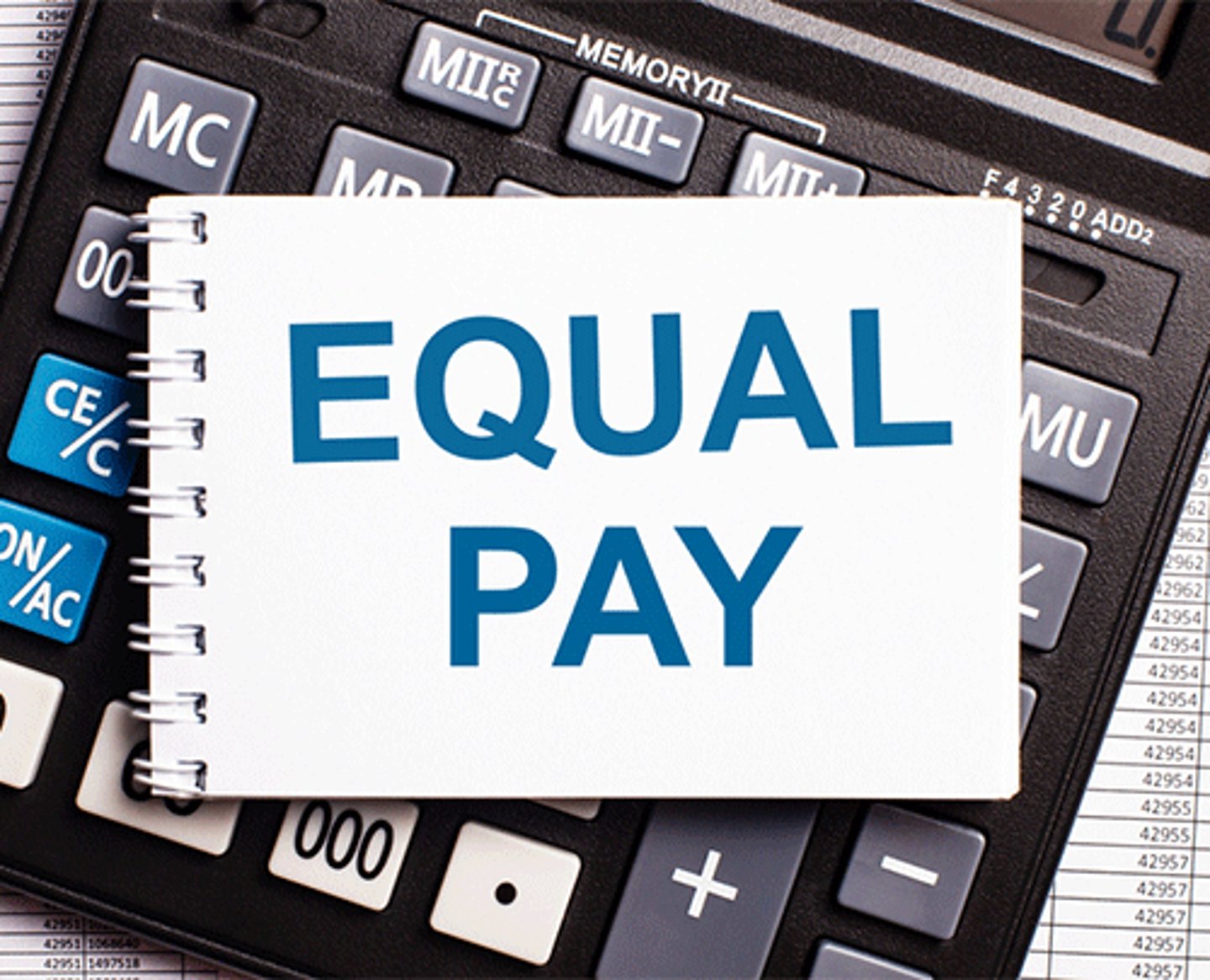Retail employees cite gender, racial and age pay gap problems
A new report reveals that retail employees are becoming more aware of pay gaps in the industry.
More than half (53.5%) of retailers think there’s an age pay gap problem and 45.5% think there are issues with racial pay gaps, according to a report by Beqom, which provides a total compensation and continuous performance management platform.
In other findings, 46% of retail workers think their place of work has a gender pay gap problem — and only 37% think the actions their employer is taking to fix the inequities at hand.
As states such as California and Rhode Island introduce pay transparency laws, 48% of retail workers believe a national law mandating companies to disclose gender pay gap figures would help to close the disparity. And 40% would seek a job at a company that disclosed a lower gender pay gap than their current company.
Other findings (from all surveyed employees, not just retail workers) from Beqom’s “Leveling the Playing Field Report” are below.
- More than half (58%) of employees asked their employer or manager for a raise in the last year. Of those who asked for a raise last year, one-third (34%) received a raise that was below their expectations.
- More men (51%) than women (42%) who asked for a raise received one that met or exceeded expectations.
- Of those who did not ask for a raise, a quarter (25%) didn’t ask because they were happy with their salary, but others didn’t ask because they were proactively given a raise (22%), they didn’t feel comfortable asking due to lack of open conversation about pay at their company (22%), concern of a recession made them feel they couldn’t ask (17%), or they knew they made more than their colleagues in the same position (14%).
- Less than half (43%) of employees would forgo their bonus if it meant creating equal pay at their company.
- Millennials (50%) are the most likely to say they would forgo their bonus if it meant creating equal pay at their company, compared to Gen Zers (40%), Gen Xers (40%) or Baby Boomers (33%).
- Nearly two-thirds (63%) of employees would be willing to publicly share their salary to benefit others’ knowledge of compensation in the industry.
“To bridge pay gaps in the workplace, employers must proactively build pay equity and increase transparency within their organization,” said Tanya Jansen, co-founder of Beqom. “When employers make a conscious effort to boost pay equity and provide more transparency around pay decisions with their staff and candidates, they help to build a level of trust that contributes to a feeling and reality of fair pay. Amid today’s shifting work landscape and volatile job market, this meaningful progress toward remediating pay gaps and bias is critical to maintaining higher employee retention.”


